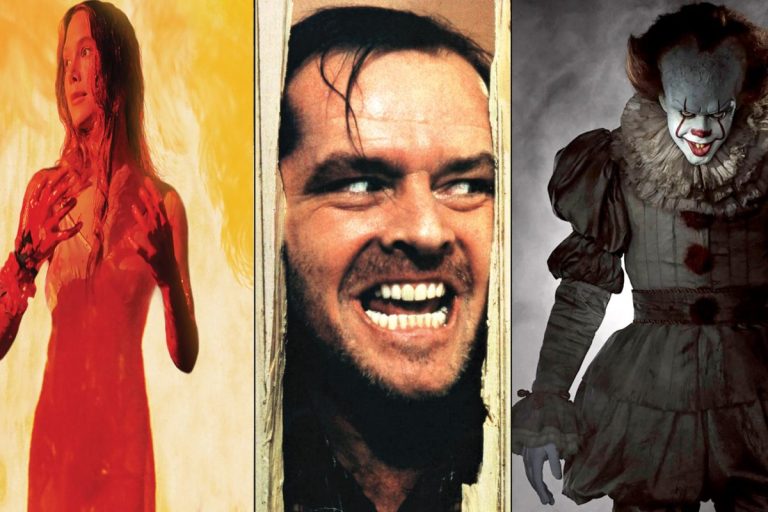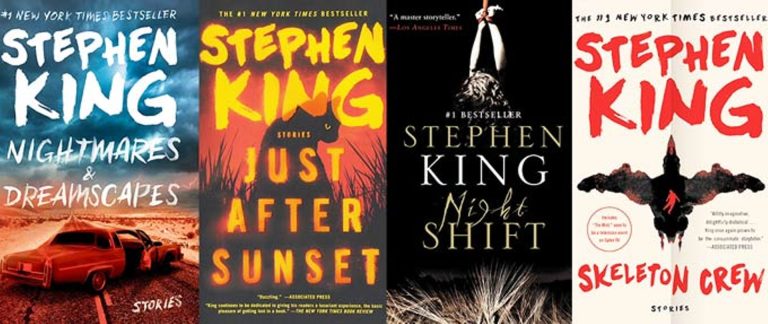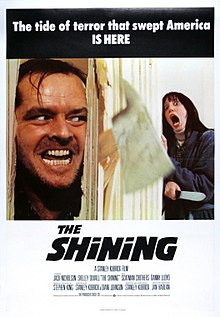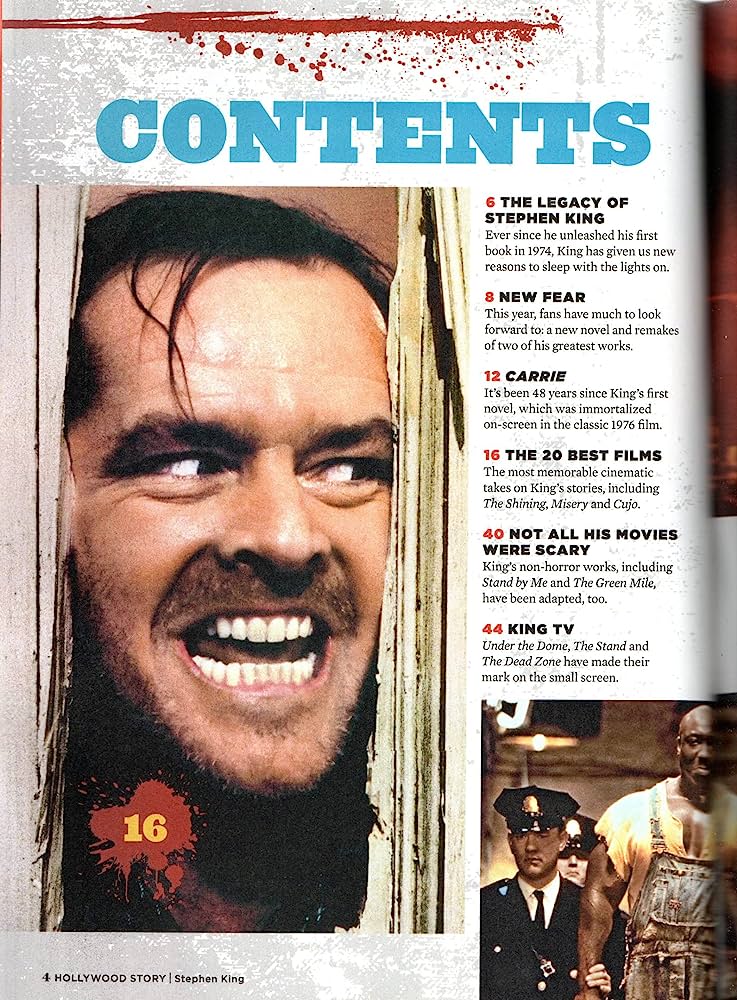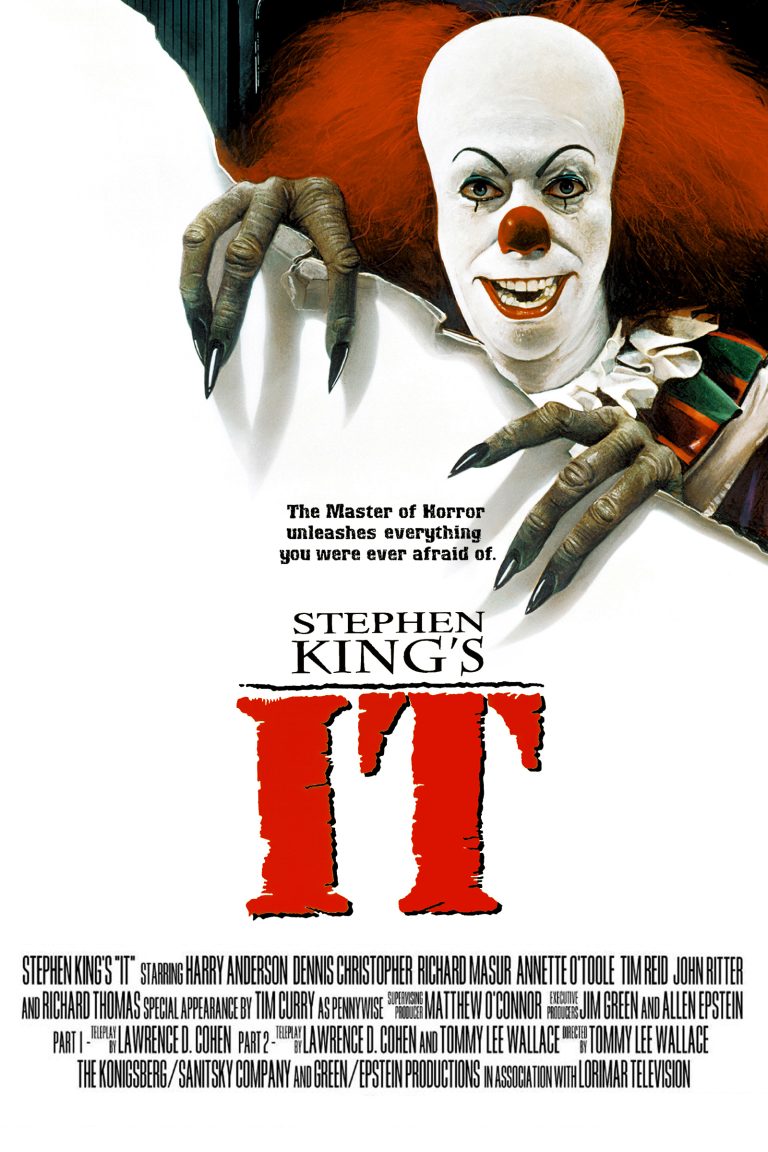The Cinematic Complexity Of Stephen King Movies
When it comes to cinema, there are few writers who have had as much of an impact on the big screen as Stephen King. The master of horror and suspense, King has brought his intricate storytelling and complex characters to life in numerous adaptations of his works. From “The Shining” to “It,” his novels have been transformed into captivating and often chilling movies that leave audiences on the edge of their seats. In this article, we will explore the cinematic complexity of Stephen King movies, delving into the themes, characters, and unique storytelling techniques that make them so compelling.
Stephen King’s ability to create multi-layered narratives is one of the key elements that sets his movies apart. Each film offers a deep exploration of human nature, often delving into the darkest corners of the human psyche. Whether it’s the psychological terror of “Misery” or the supernatural horrors of “Carrie,” King’s stories are filled with complex and flawed characters that audiences can’t help but be drawn to. His movies are not just about scares and thrills; they are examinations of the human condition, exploring themes such as addiction, isolation, and the consequences of our actions. So, grab some popcorn and get ready to dive into the captivating world of Stephen King movies, where the complexities of the human experience are brought to life on the silver screen.

The Cinematic Complexity of Stephen King Movies
Stephen King is a master of storytelling, and his works have captivated readers for decades. But it’s not just in the realm of literature where King’s talent shines. Many of his stories have been adapted into films, and the cinematic complexity of these movies is truly remarkable. In this article, we will explore the unique aspects of Stephen King movies that make them stand out from the crowd.
The Power of Adaptation
Adapting a novel into a film is no easy task, but Stephen King’s works have been successfully translated to the big screen time and time again. One of the reasons for this is the rich and detailed worlds that King creates in his books. From the eerie town of Derry in “It” to the haunted Overlook Hotel in “The Shining,” King’s settings are vivid and immersive. Filmmakers are able to take these detailed descriptions and bring them to life, adding their own visual flair to create a truly captivating experience.
Another reason for the success of Stephen King adaptations is the depth and complexity of his characters. King has a knack for creating flawed and relatable protagonists, as well as terrifying villains. These complex characters provide actors with the opportunity to deliver truly memorable performances. From Jack Nicholson’s iconic portrayal of Jack Torrance in “The Shining” to Bill Skarsgård’s chilling performance as Pennywise the Clown in “It,” the actors in Stephen King movies have brought these characters to life in unforgettable ways.
The Influence of Horror
Stephen King is often referred to as the “Master of Horror,” and his movies certainly live up to that title. While horror is the genre most commonly associated with King, his works often transcend traditional genre boundaries. They explore themes of love, loss, and the human condition, making them much more than just scary stories.
One of the ways in which Stephen King movies stand out is through their ability to create a sense of dread and unease. Whether it’s the slow-building tension in “The Shining” or the jump scares in “Pet Sematary,” these films know how to keep audiences on the edge of their seats. But it’s not just about the scares; King’s movies also delve into the psychological aspects of horror. They explore the fears and anxieties that lurk beneath the surface, making them more than just mindless entertainment.
The Power of Storytelling
At the heart of every Stephen King movie is a compelling and engaging story. King is a master storyteller, and his narratives are filled with twists, turns, and surprises. From the mystery of “The Shawshank Redemption” to the supernatural horrors of “Carrie,” King’s stories keep audiences guessing until the very end.
One of the key elements that sets Stephen King movies apart is their ability to balance horror with heart. While the scares are certainly present, these films also explore themes of love, friendship, and redemption. They delve into the human experience and touch on universal emotions, making them resonate with audiences on a deeper level.
In conclusion, the cinematic complexity of Stephen King movies is a testament to the power of storytelling. From the rich and immersive worlds to the complex characters and thought-provoking themes, these films have become a staple of the horror genre. Stephen King’s ability to captivate readers and viewers alike is truly a testament to his talent as a writer. So, next time you settle in for a Stephen King movie marathon, be prepared to be taken on a thrilling and unforgettable journey.
The Cinematic Complexity of Stephen King Movies
- Stephen King movies are known for their intricate storylines and layers of complexity.
- These movies often explore deep psychological themes and delve into the human psyche.
- Stephen King’s characters are well-developed and relatable, adding depth to the storytelling.
- The cinematic adaptations of his books successfully capture the eerie atmosphere and suspense found in his writing.
- Stephen King movies often leave viewers pondering the deeper meaning and symbolism behind the events portrayed.
Frequently Asked Questions
What makes Stephen King movies so cinematically complex?
Stephen King movies are known for their cinematic complexity due to several factors. Firstly, King’s novels often contain intricate and multi-layered plots, which translate into complex narratives on the big screen. The intricate web of characters, subplots, and themes creates a rich tapestry that requires careful adaptation to maintain its complexity.
Furthermore, King’s stories often delve into psychological and supernatural elements, adding another layer of complexity to the cinematic experience. Directors and screenwriters must find creative ways to visually represent these elements while staying true to the source material.
How do filmmakers capture the essence of Stephen King’s writing in movies?
Adapting Stephen King’s writing for the big screen is a challenging task, but many filmmakers have successfully captured the essence of his work. One key aspect is staying true to the dark and atmospheric tone that permeates King’s writing. This often involves carefully selecting the right cinematography, lighting, and set design to create the desired mood.
Additionally, filmmakers must ensure that the characters in the movie accurately reflect the depth and complexity found in King’s novels. This means casting talented actors who can bring the characters to life and effectively convey their internal struggles and conflicts.
How do Stephen King movies explore complex themes?
Stephen King movies often explore complex themes that go beyond simple horror or suspense. These films delve into topics such as addiction, trauma, the human psyche, and the consequences of unchecked power. By exploring these themes, King’s movies challenge the audience to reflect on deeper societal issues and the human condition.
To portray these complex themes, filmmakers employ various storytelling techniques, such as symbolism, allegory, and metaphor. They use visual cues and narrative devices to convey the underlying messages and provoke thought and discussion.
Are there any recurring motifs or symbols in Stephen King movies?
Yes, there are several recurring motifs and symbols in Stephen King movies that contribute to their cinematic complexity. One common motif is the small town setting, often depicted as a microcosm of society with its own secrets and dark underbelly. This setting serves as a backdrop for exploring deeper themes and showcasing the complexities of human nature.
Another recurring symbol is the presence of supernatural or otherworldly forces. These forces often represent hidden fears, repressed emotions, or the consequences of past actions. They add an additional layer of complexity to the narrative, blurring the lines between reality and the supernatural.
How do Stephen King movies challenge conventional storytelling techniques?
Stephen King movies often challenge conventional storytelling techniques by subverting expectations and defying genre conventions. King is known for his ability to blend different genres seamlessly, creating narratives that are difficult to categorize. This unconventional approach keeps the audience on their toes and adds to the cinematic complexity of his movies.
Additionally, King’s movies often feature complex and morally ambiguous characters. These characters defy traditional notions of heroes and villains, forcing the audience to question their own preconceived notions and moral judgments. This complexity adds depth and richness to the storytelling, making the movies more thought-provoking and engaging.
The 12 Best Stephen King Movies of All Time
Final Thoughts: The Cinematic Complexity of Stephen King Movies
When it comes to the world of cinema, Stephen King movies are in a league of their own. These films offer a unique blend of horror, suspense, and psychological depth that captivates audiences and leaves them craving for more. From the chilling atmosphere of “The Shining” to the heart-pounding terror of “It,” King’s stories have become iconic in the film industry.
One of the reasons why Stephen King movies have such a lasting impact is their cinematic complexity. These films go beyond mere scares and thrills, delving deep into the human psyche and exploring complex themes. They tackle issues of fear, trauma, and the darkness that resides within all of us. The characters are richly developed, with intricate backstories and inner demons that make them relatable and compelling.
In addition to their psychological depth, Stephen King movies also excel in their visual storytelling. Directors and cinematographers bring the author’s vivid descriptions to life on the screen, creating a visual feast for the eyes. From sweeping shots of eerie landscapes to intimate close-ups that capture the characters’ emotions, every frame is carefully crafted to enhance the storytelling experience.
In conclusion, the cinematic complexity of Stephen King movies sets them apart from other horror films. They offer a thrilling ride, but also provoke deep thought and introspection. These movies remind us that fear is not just something to be enjoyed from a distance, but also something to be confronted and understood. So, the next time you find yourself engrossed in a Stephen King movie, prepare to be both terrified and intellectually stimulated.

